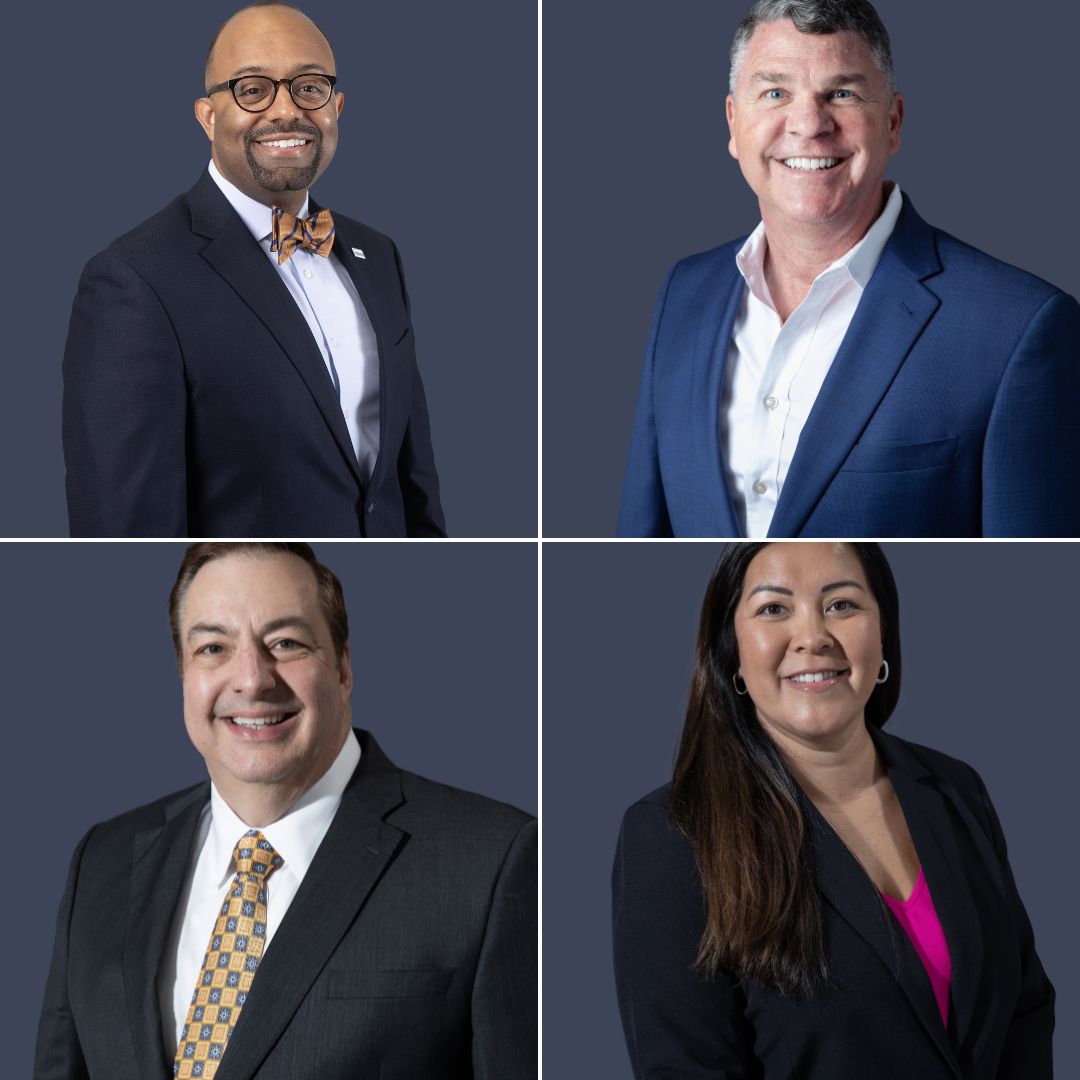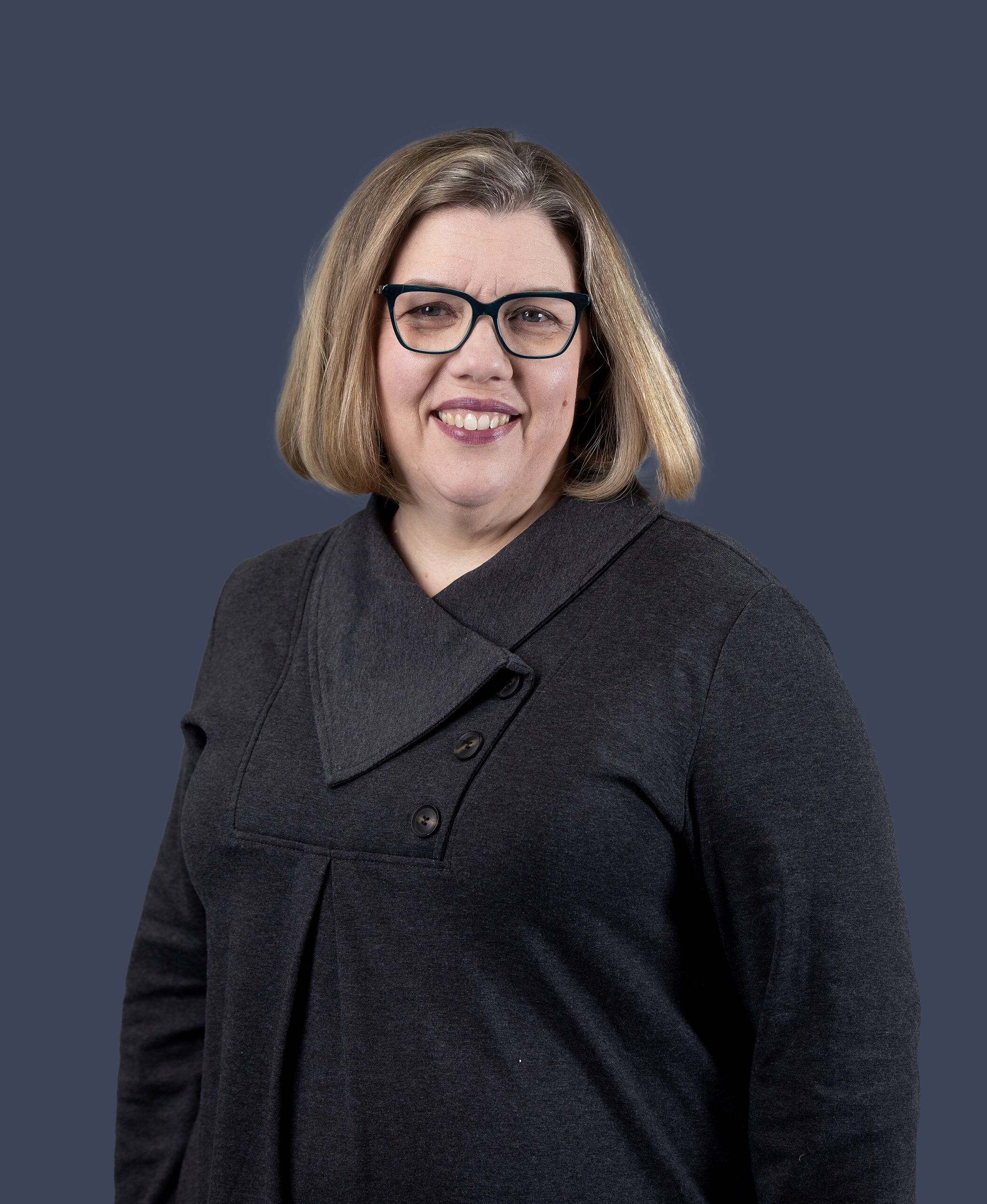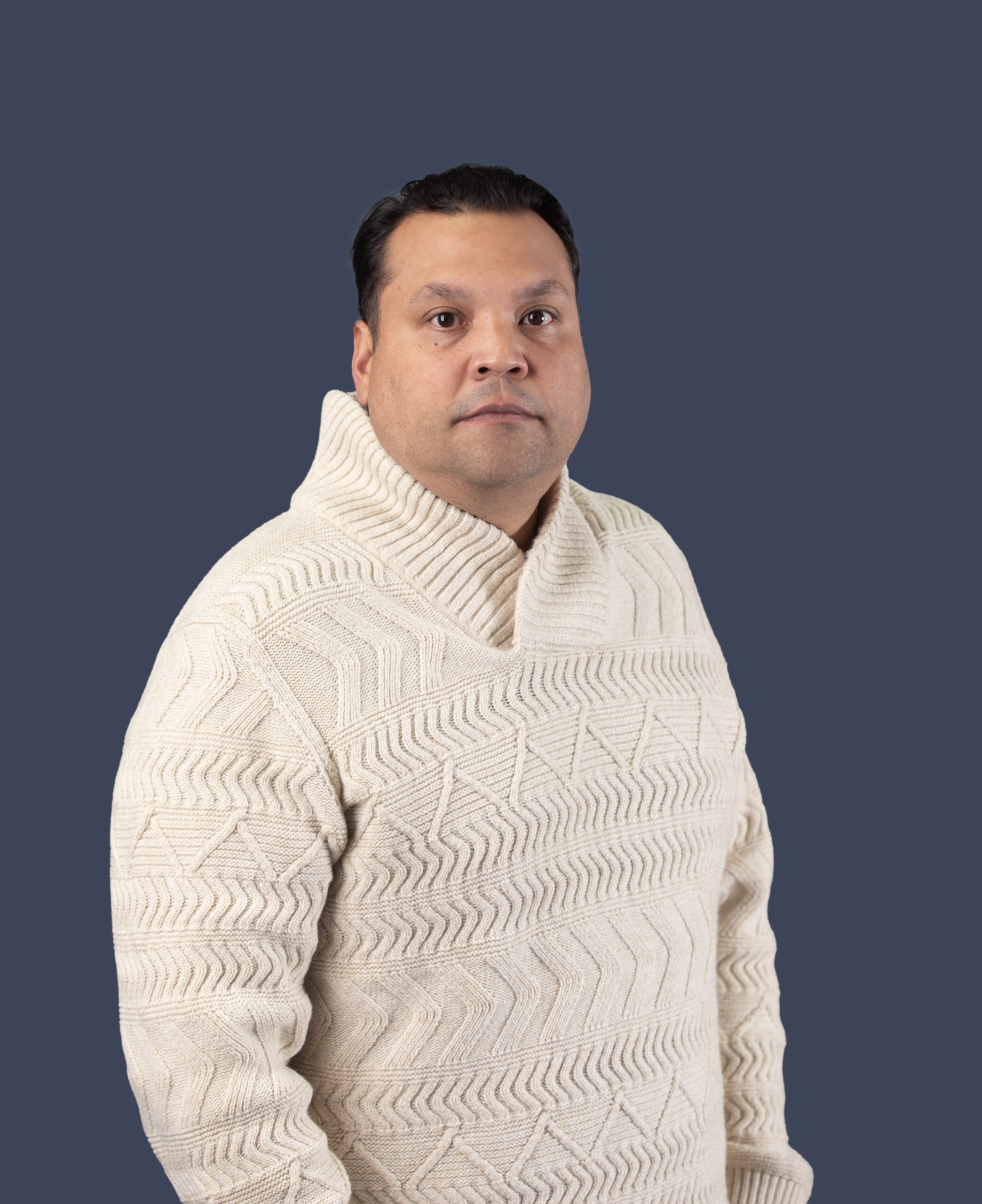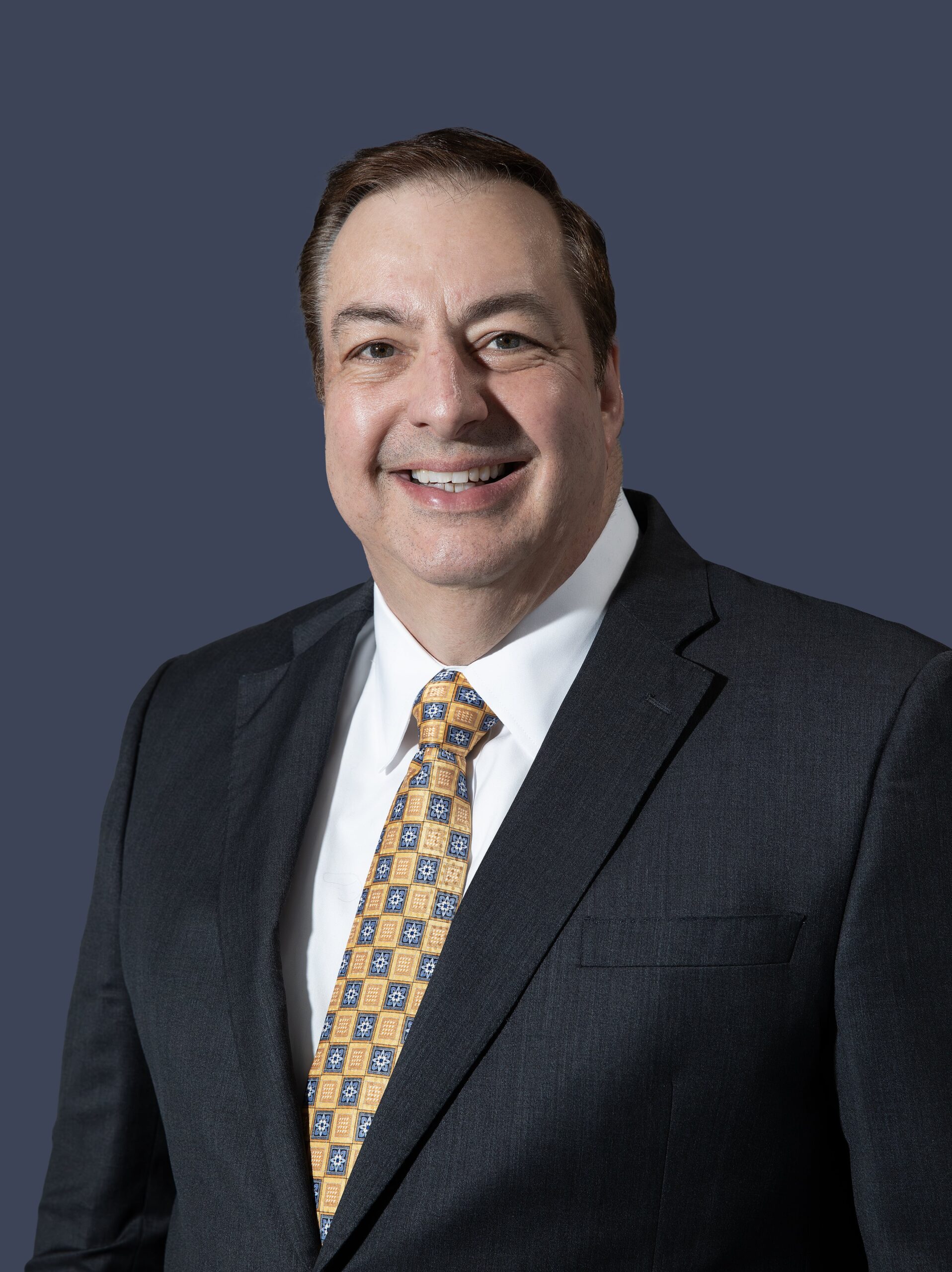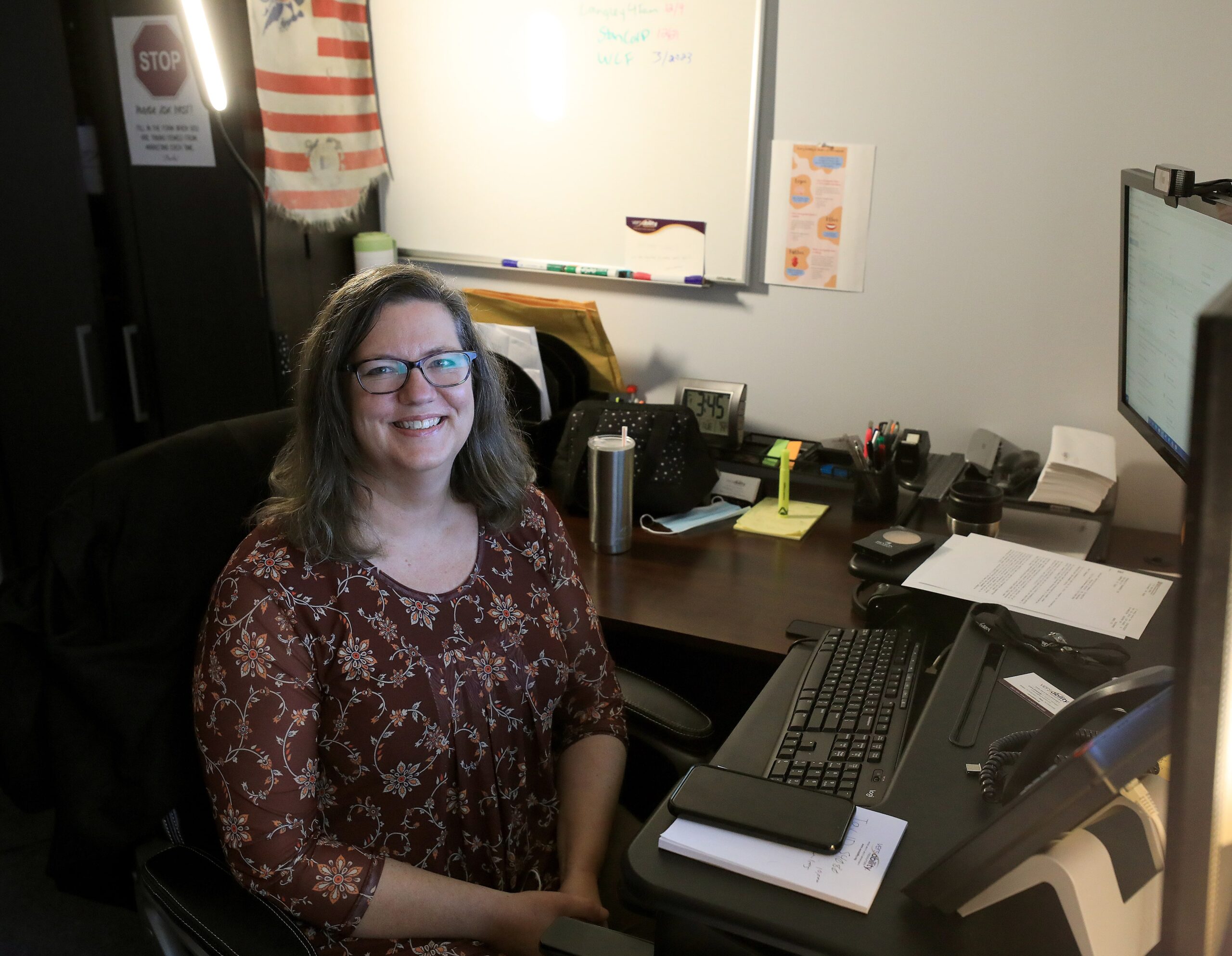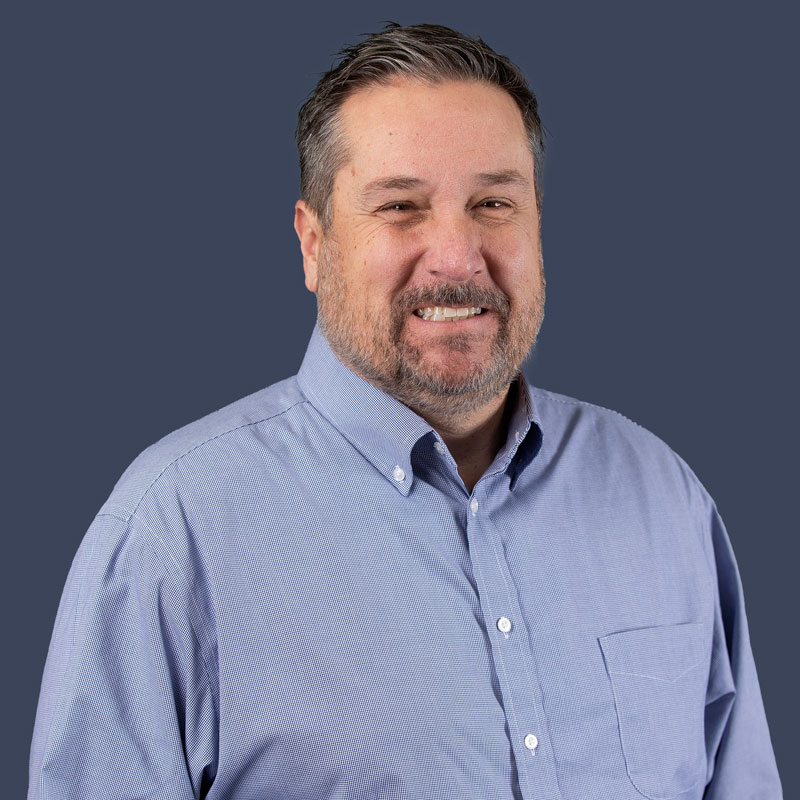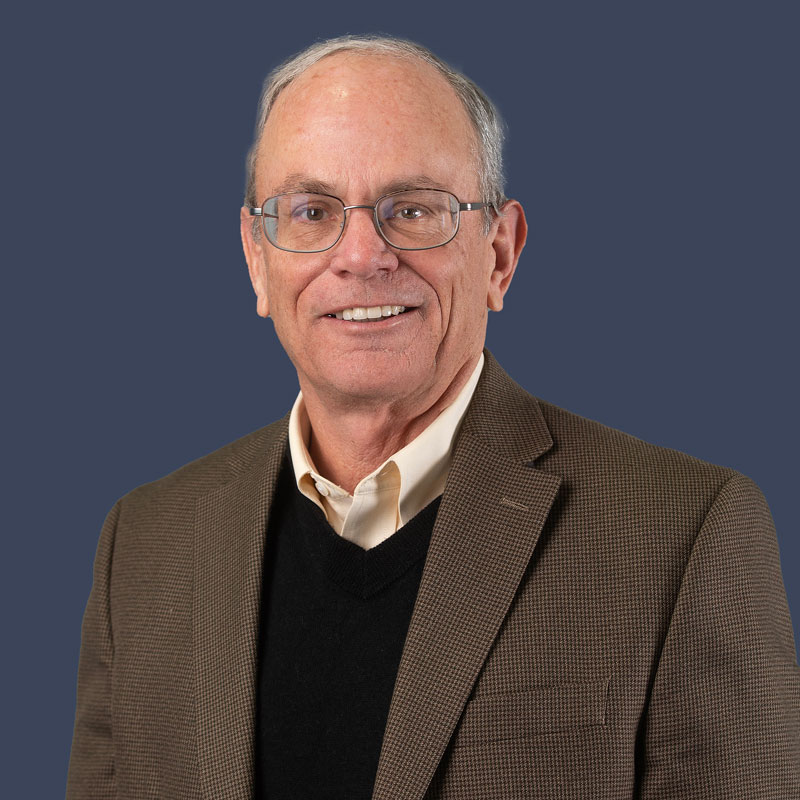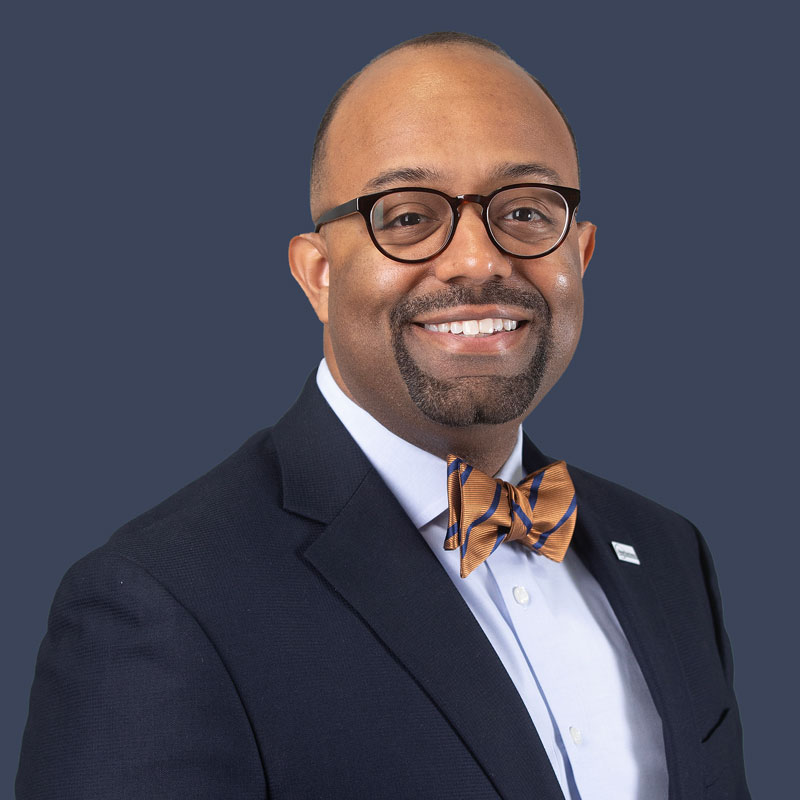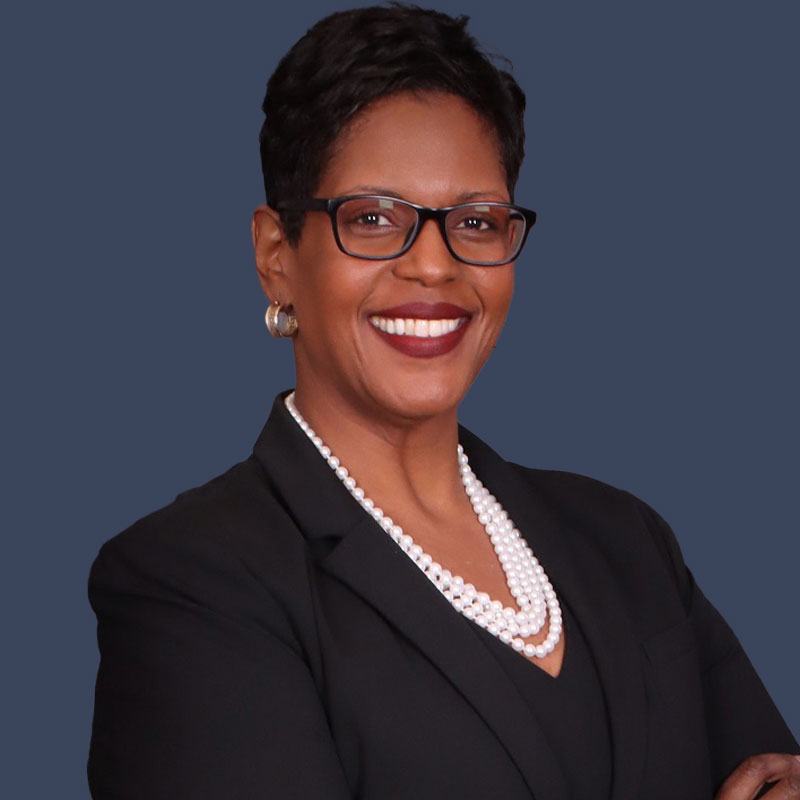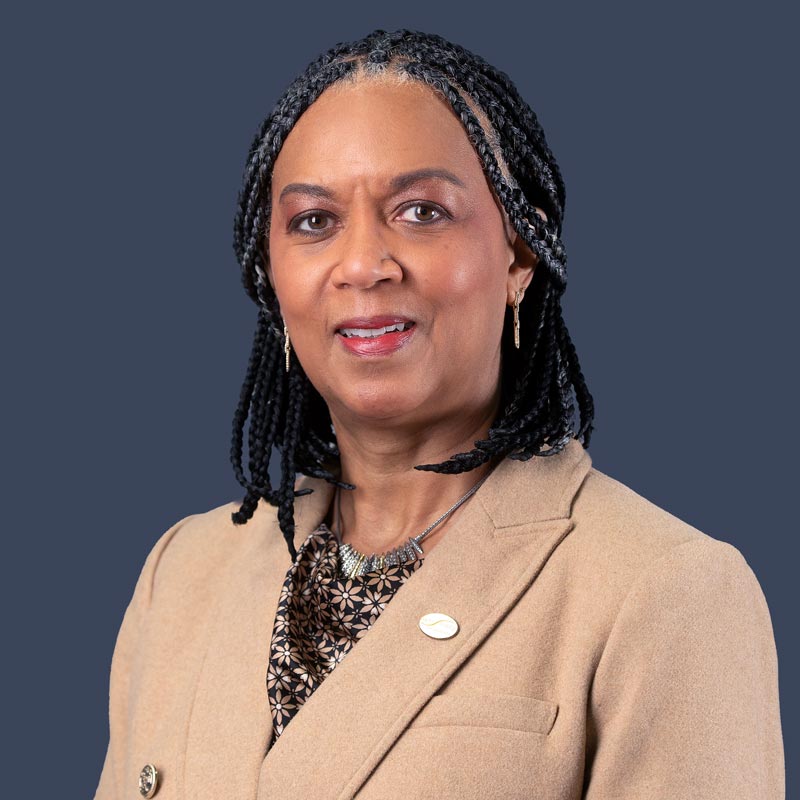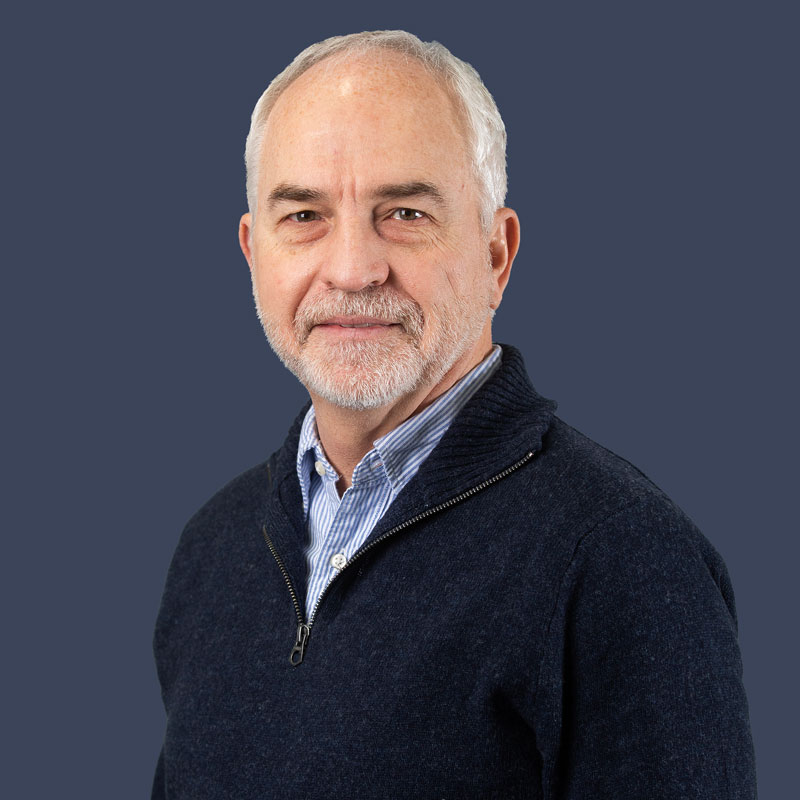VersAbility Resources announced this week the addition of new executives to its leadership team and the promotion of managers into new roles, a combined effort that ushers the 70-year-old non-profit serving people with disabilities into its next era.
Casey Roberts, Executive Vice President of Strategy and Development, joins VersAbility after serving as Executive Director of New Horizons Regional Education Centers. Casey brings extensive experience and expertise to VersAbility and will help drive organizational growth and development and propel the organization forward in reaching its strategic goals.
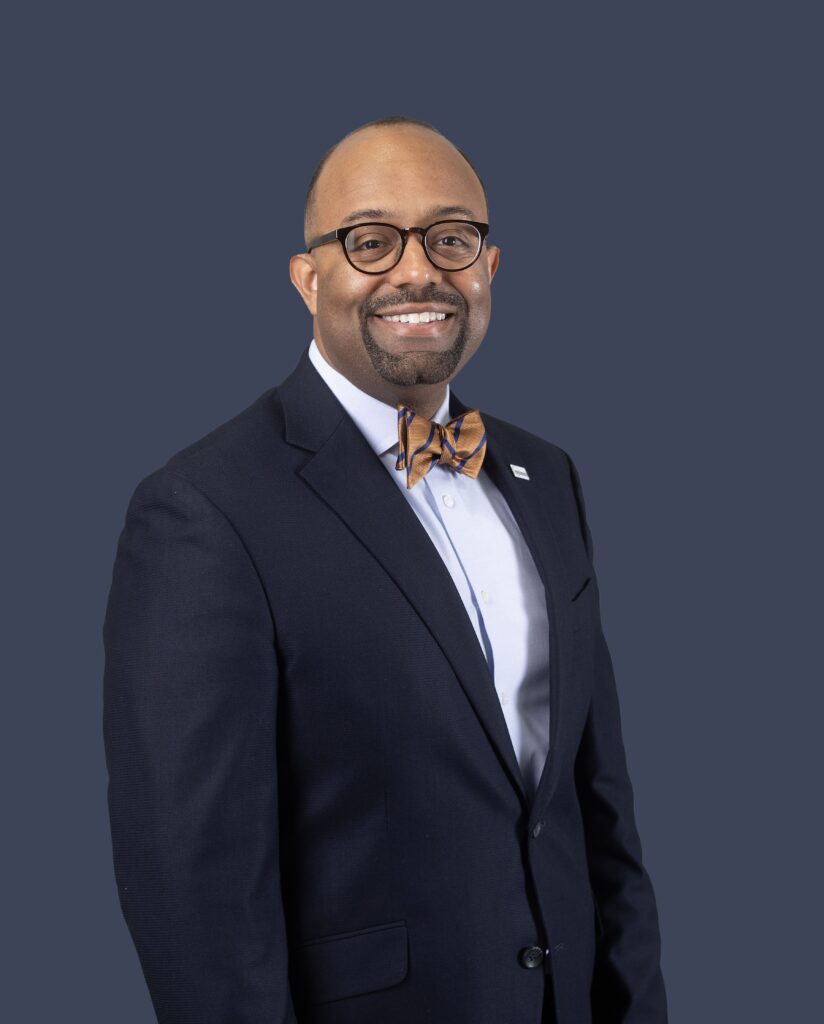
Michael Tomchick, a former U.S. Air Force Officer with experience in both business and medical fields, brings his diverse experience to the role of Chief Financial Officer.
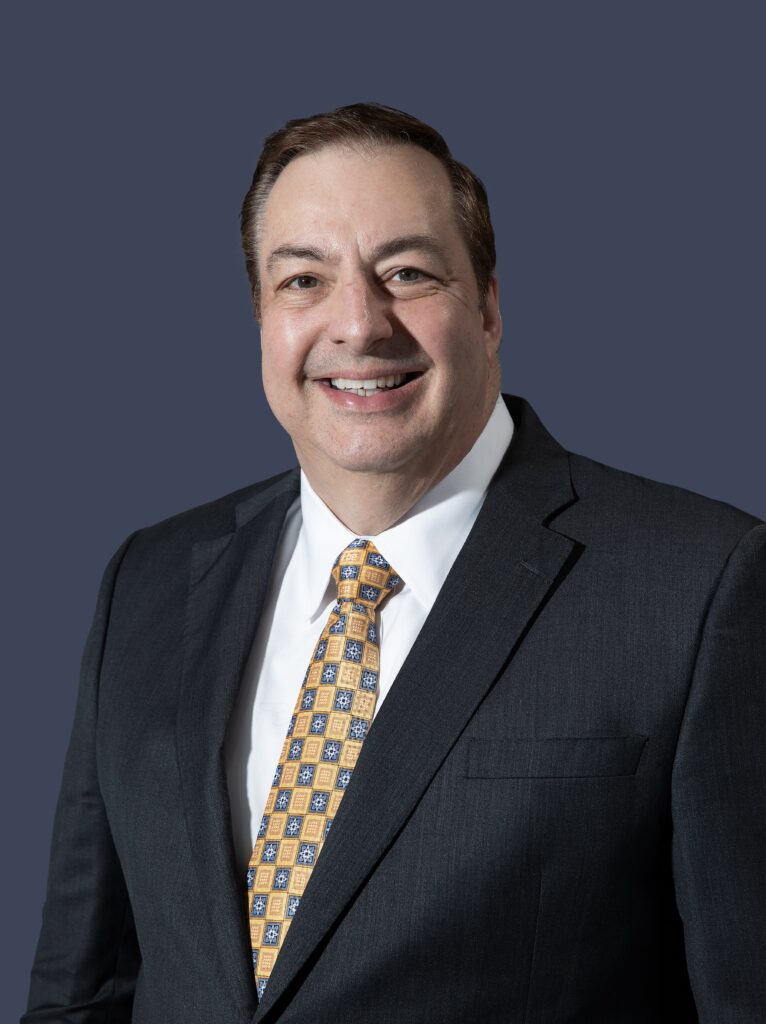
Amarita Strange joins VersAbility as the new Vice President of Human Resources, following leadership roles at Howmet Aerospace and Newport News Shipbuilding.
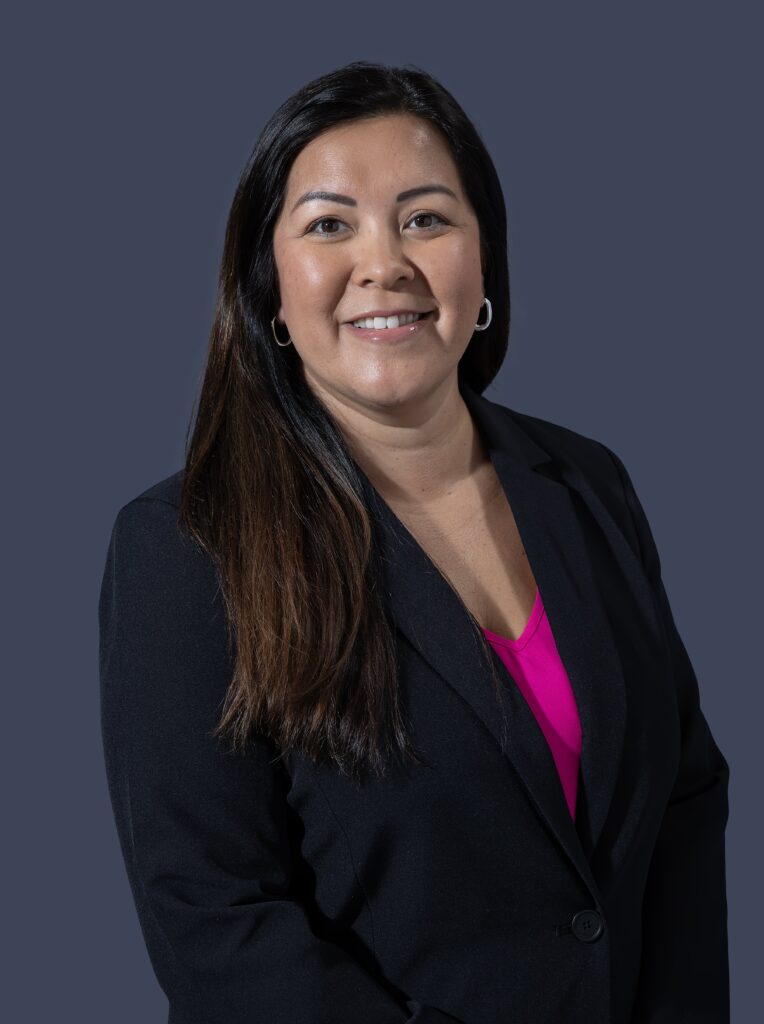
John Rodenberg joins the team as the Vice President of Marketing and Development with expertise honed over a career in philanthropic development.
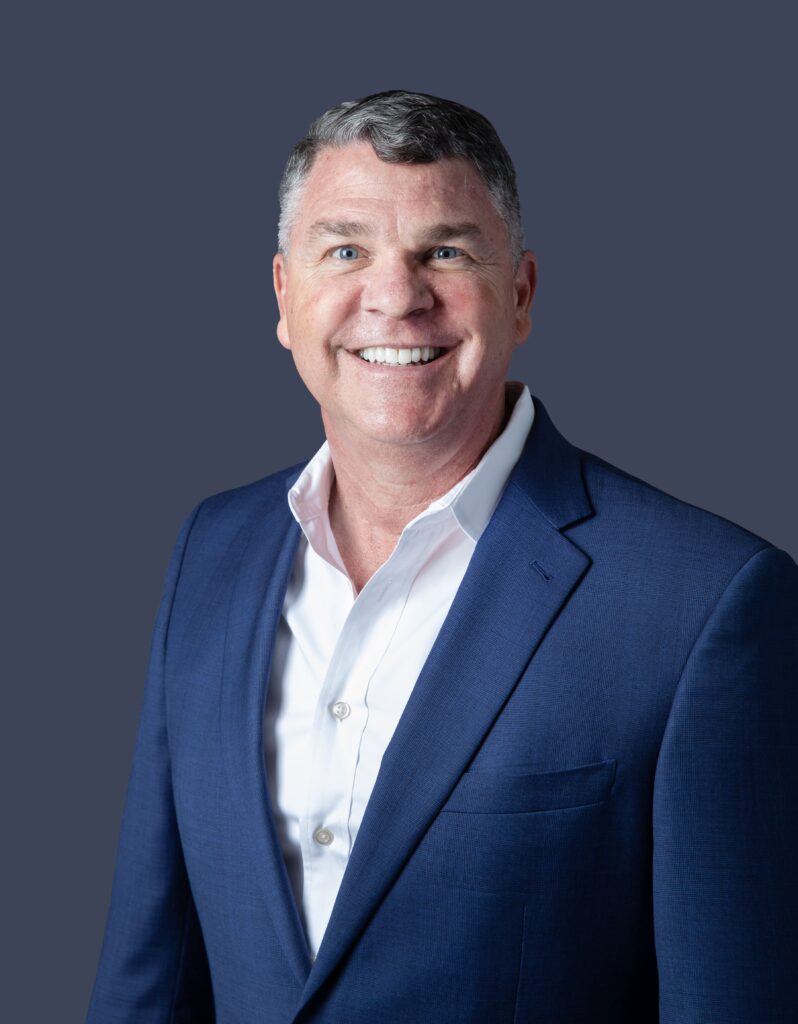
Among the internal promotions are Ebonee Atkinson, promoted to Vice President of Community Living; Dave Neary, the new Vice President of Government Contracting; and LaKisa Ward, now Vice President of Programming and Operations.
“A strong executive leadership team is essential to carrying out the strategic vision and direction of our complex organization,” said Kasia Grzelkowski, VersAbility’s President and CEO. “These new executives bring significant experience, critical expertise, and a shared commitment to providing services and supports to help people with disabilities lead fulfilling lives of their choosing as fully accepted members of society.”
“On behalf of VersAbility’s Board of Directors, I am delighted to welcome our new and promoted leaders and am eager for the positive impact they will bring to the organization and people of all abilities,” said Joycelyn Spight Roache, Board Chair for VersAbility Resources.
“This dramatic infusion of new leadership,” Grzelkowski said, “helps us build on our proud history of service in the region. This new senior leadership team forges the foundation for the next 70 years of innovative services for citizens of all abilities in our community. Together, we will drive mission growth through determination, collaboration, and commitment to diversity. We are excited to welcome these new VersAbility team members and celebrate colleagues who have earned promotions. The future is bright for VersAbility, those we serve, and our broader community.”
VersAbility Resources is a leading provider of comprehensive services for people with disabilities of all ages. Headquartered in Hampton, the nonprofit provides early childhood, day support, residential, and diverse employment programs.
VersAbility grew dramatically in recent years, increasing its revenue from $46 million to over $69 million, multiplying the impact of its services and employment opportunities for people with disabilities.
In 2024, VersAbility marks its 70th anniversary, building on seven monumental decades of expanding and enhancing services for people with disabilities of all ages.
“What began with a few families advocating for local opportunities for their loved ones has evolved into countless innovative programs and steadfast advocacy so people of all abilities can thrive,” Grzelkowski said.
VersAbility will mark this significant milestone with commemorations later this year and continue its unwavering dedication to “deepen our impact and transform the lives of people with disabilities throughout Hampton Roads and beyond,” Grzelkowski said.
